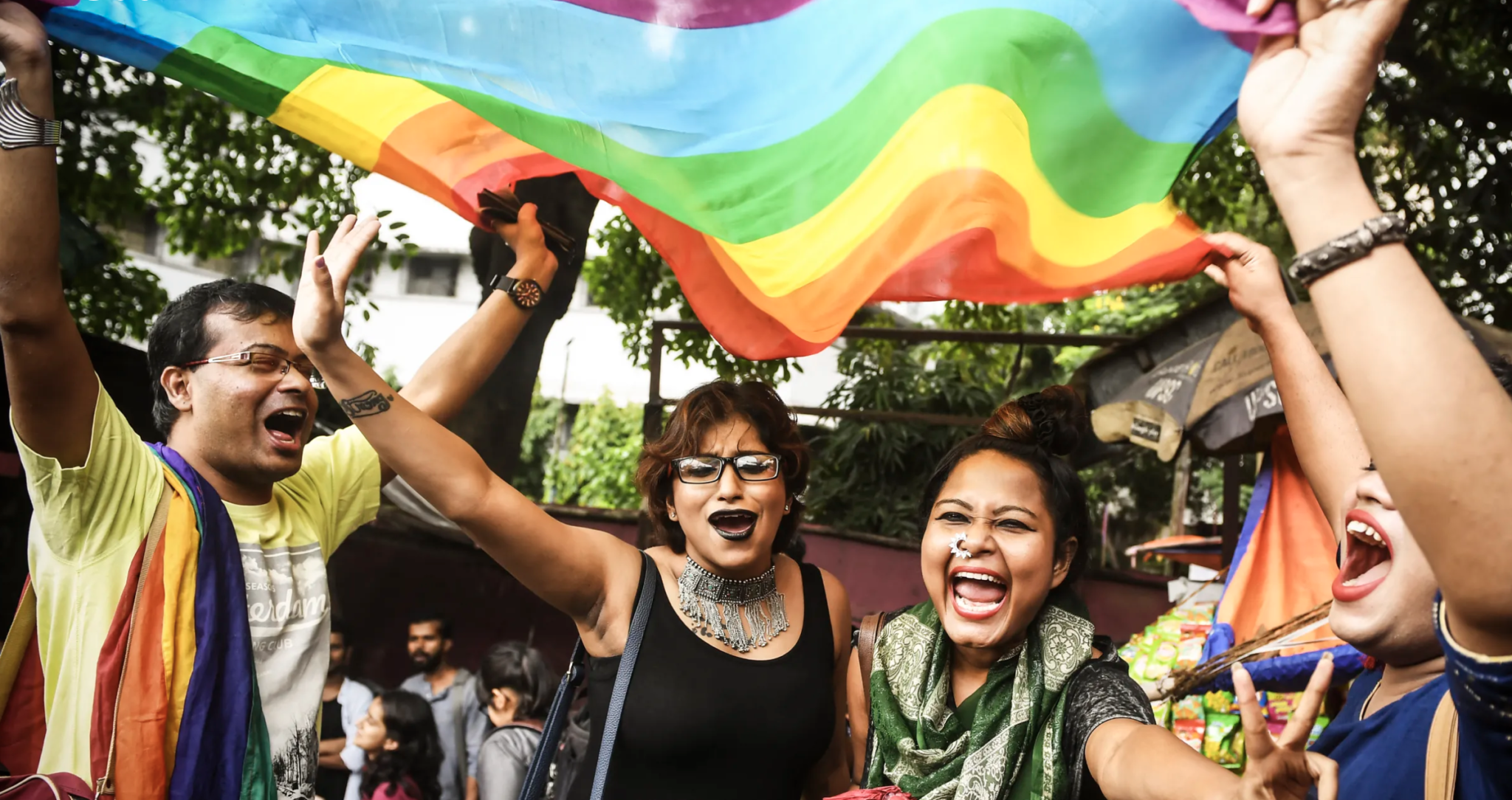All over the world, British colonialism has irrefutably led to extensive impositions and transfers of Western law and social ideology, including the establishment and entrenching of anti-queer cultural norms and laws. Of the 72 countries with laws criminalising homosexuality in 2018, at least 38 of them had at some point been subjected to British colonial rule. Although countries such as Singapore and India have seen successful efforts to challenge anti-queer legislation, this legislation has not evolved uniformly across these former colonies.
In August, the Singaporean Prime Minister Lee Hsien Loong announced the government’s intention to repeal the divisive Section 377A of the Penal Code of Singapore, a law that criminalises “acts of gross indecency” between men and carries a two year prison sentence. The law has previously faced a number of unsuccessful constitutional challenges in the High Court, including three across 2018 and 2019. The challenges were heard together by Justice See Kee Oon.
Litigants argued that the law infringed upon queer citizens’ right to “life or personal liberty” under Article 9(1) of the Constitution. In February this year, Justice See dismissed the challenge on the grounds that the law was not being enforced by the Attorney-General at the time, finding that there was no “credible” threat of prosecution.
The Penal Code of Singapore, outlining principles of criminal law, is a remnant of British colonial occupation, preserved following Malayan independence in 1963 and later Singapore’s independence from Malaysia in 1965. The Penal Code’s structure and substance closely resembles the penal codes of other former British colonies across Asia. Variations on Section 377A can be found in Pakistan, Singapore, Bangladesh, Brunei, Malaysia, Myanmar and Sri Lanka.
While Singapore is set to repeal Section 377A, homosexual acts are still punishable by death in countries such as Brunei and Nigeria, demonstrating the great heterogeniety of attitudes towards queer people in countries colonised by Britain.
While some regions have strong pre-colonial histories of queer-affirming norms and laws, cultural and legislative homophobia and transphobia are not unique products of British colonialism itself.
Section 377 of the Indian Penal Code was repealed in 2018, decriminalising homosexuality in the country with the largest population in south Asia. India’s history of anti-queer legislation, however, preceded British occupation, with records of laws criminalising same-sex intimacy found in Manusmriti, one of the oldest known Hindu legal texts.
The western colonial tradition of exporting conservative social values is deeply rooted in Christian ideology, as are the proposals of the Religious Discrimination Bill which was unsuccessfully brought to the NSW Upper House in February by One Nation MLC Mark Latham. The Bill was designed to strengthen exemptions to the Sex Discrimination Act 1984 which allowed independent religious education providers to discriminate against staff on the basis of sexuality, pregnancy and marital status.
Protests in Sydney persisted following the Bill’s shelving, with queer activists arguing that while that specific iteration of the law had been defeated, the far-right’s attempts to erode LGBTQIA+ rights and protections will continue and succeed without strong opposition.
The Religious Discrimination Bill has regressive implications not only for the rights of queer educators, but also for the worldviews of young Australians that are shaped by what they learn in the classroom, legislative decisions around which are deeply and unavoidably ideological.
Recent years have seen progressive reform within the education sector. Local Aboriginal customs and histories, the impacts of colonisation and queer sex and relationship education have all been incorporated more substantively into high school curriculums. The Religious Discrimination Bill, by targeting teachers not only for their personal identity but also for the content they teach, would have a dramatic conservatising effect on society. It would not only affect LGBTQIA+ issues, but also every other social, political, scientific and economic reality that intersects with queerness. The proposed Bill would see any possibility of a truly holistic curriculum that articulates the intricacies of the world around us snuffed out. History, law, biology, literature, politics and every other corner of education cannot be comprehensively taught without exploring their queer dimensions and implications.
While the fight continues around the world for queer acceptance, safety and community, the threat of the Religious Discrimination Bill continues to loom over us. The ongoing effect of colonial laws and the resurgence of anti-queer legislation in Australia demonstrates that the fight for queer liberation is nowhere near over, even under a Labor Federal Government. It is a continued reminder of the need to challenge heteronormative attitudes worldwide and to recognise the distorting effect colonialism has had on the lived experience of queer people.





